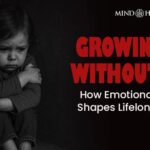Scientists Find New Method To Predict Early Alzheimer’s With Nearly 100% Accuracy
Researchers from Kaunas University of Technology developed an artificial intelligence and deep learning-based method that can predict the possible onset of Alzheimer's disease from brain images with an accuracy of over 99 percent.



